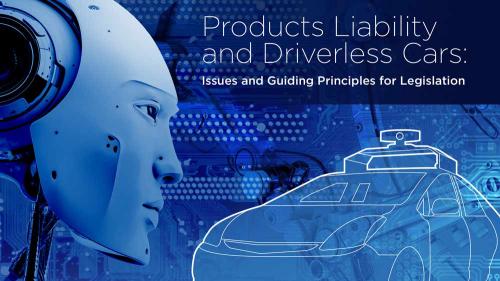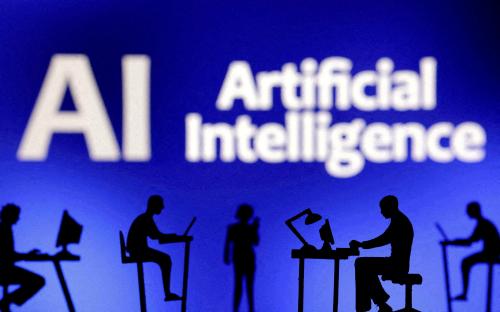

2:00 pm EDT - 3:30 pm EDT
Past Event
2:00 pm - 3:30 pm EDT
1775 Massachusetts Avenue NW
Washington, DC
20036
With rapid advances in the field of robotics, the future possibilities seem endless: driverless cars on the roads, police forces using drones for surveillance, wearable technologies that integrate human and machine, and robots in the workplace – all of which raise questions of human acceptance of robotics in everyday life. The development of drones – along with other forms of robotics for commercial and personal use – in the civilian sector bring up many civil liberties, privacy, legal, and regulatory issues. While innovations in robotics are moving at a rapid pace, the law and regulatory guidelines around these technologies have not. Who will regulate the integration of these technologies into our societies? How will we allocate risk and liability for accidents? And how will the economic benefits of this innovative technology be maximized?
On September 15, Governance Studies at Brookings held a forum focused on the constantly changing landscape of civilian robotics in the United States. A panel of experts shared observations on the differing aspects of legal and regulatory policy surrounding civilian robotics.
Related Content

John Villasenor
April 24, 2014
2:00 pm - 3:30 pm
On September 15, Governance Studies at Brookings held a forum focused on the constantly changing landscape of civilian robotics in the United States. A panel of experts shared observations on the differing aspects of legal and regulatory policy surrounding civilian robotics.


Nicol Turner Lee, John Villasenor, Mark Brennan
May 6, 2024

Jeremy Baum, John Villasenor
April 17, 2024

Molly Kinder
April 12, 2024